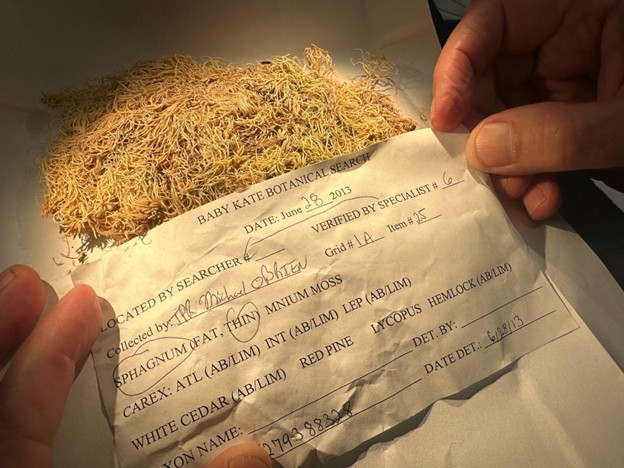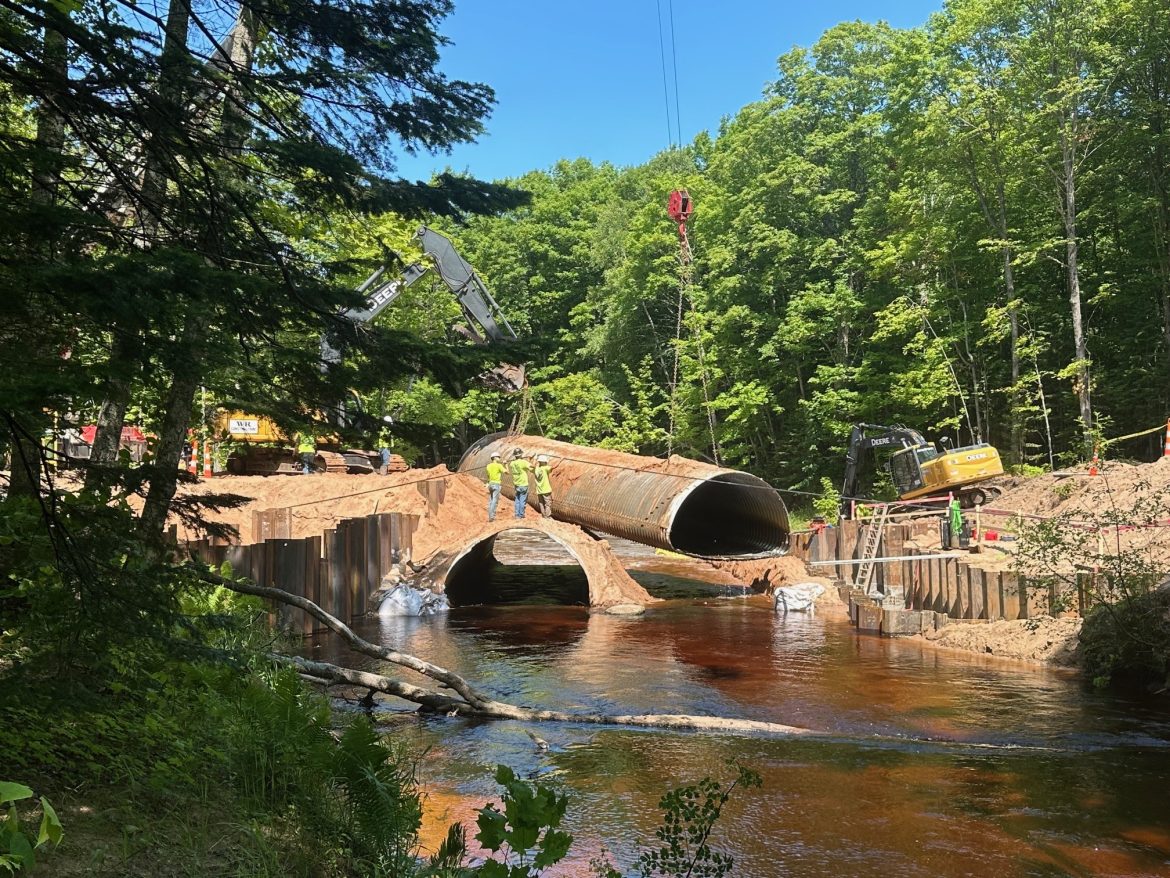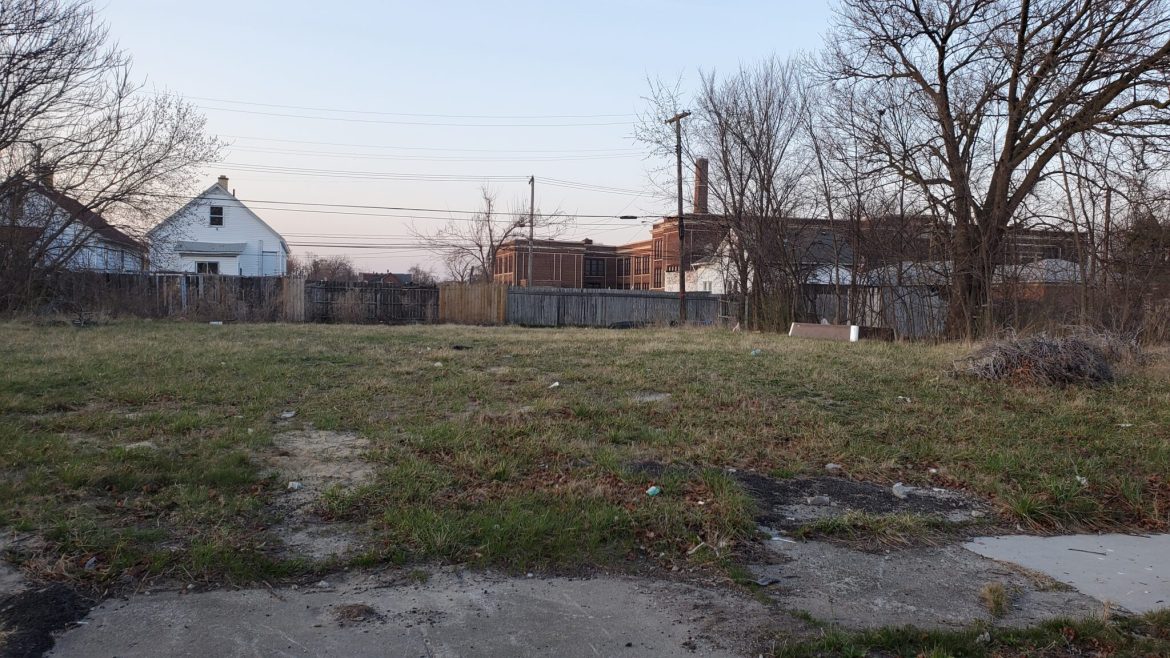Land
‘Refusal is insisting on your own terms’: Indigenous activism in the Midwest
|
By Isabella Figueroa Nogueira
“Indigenous Activism in the Midwest: Refusal, Resurgence and Resisting Settler Colonialism” explores how Dakota and Anishinaabe communities in Minnesota continue their relationships to the land and challenge dominant settler narratives about ownership, belonging and identity.









